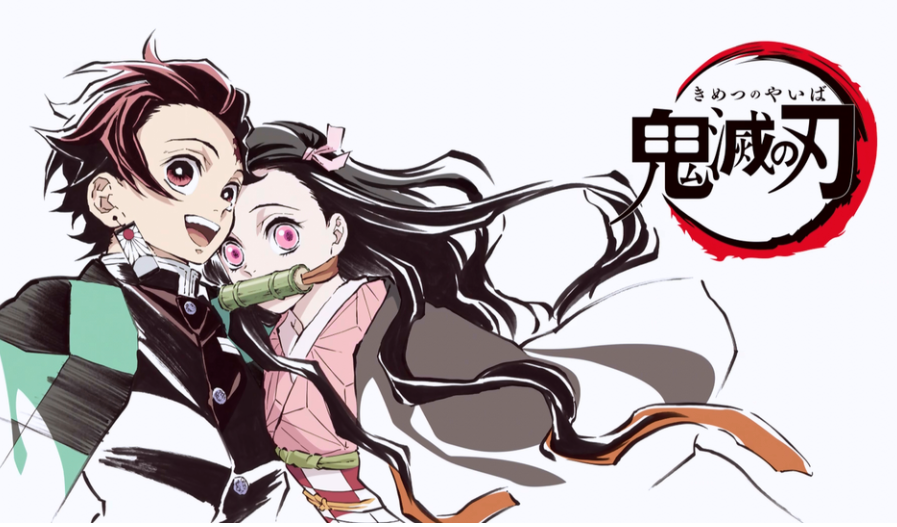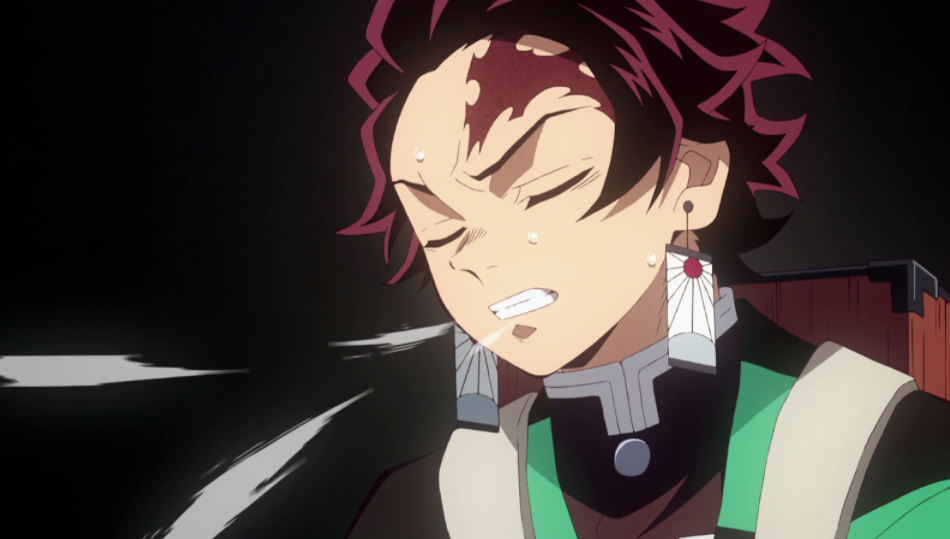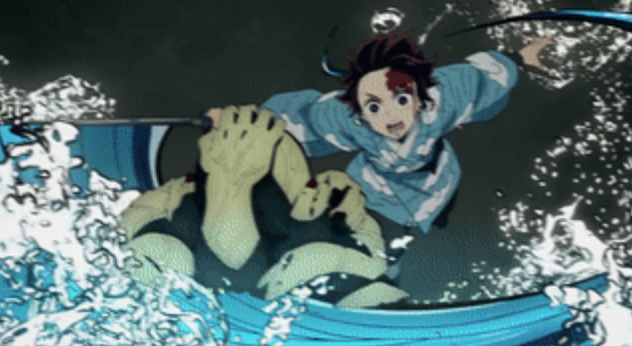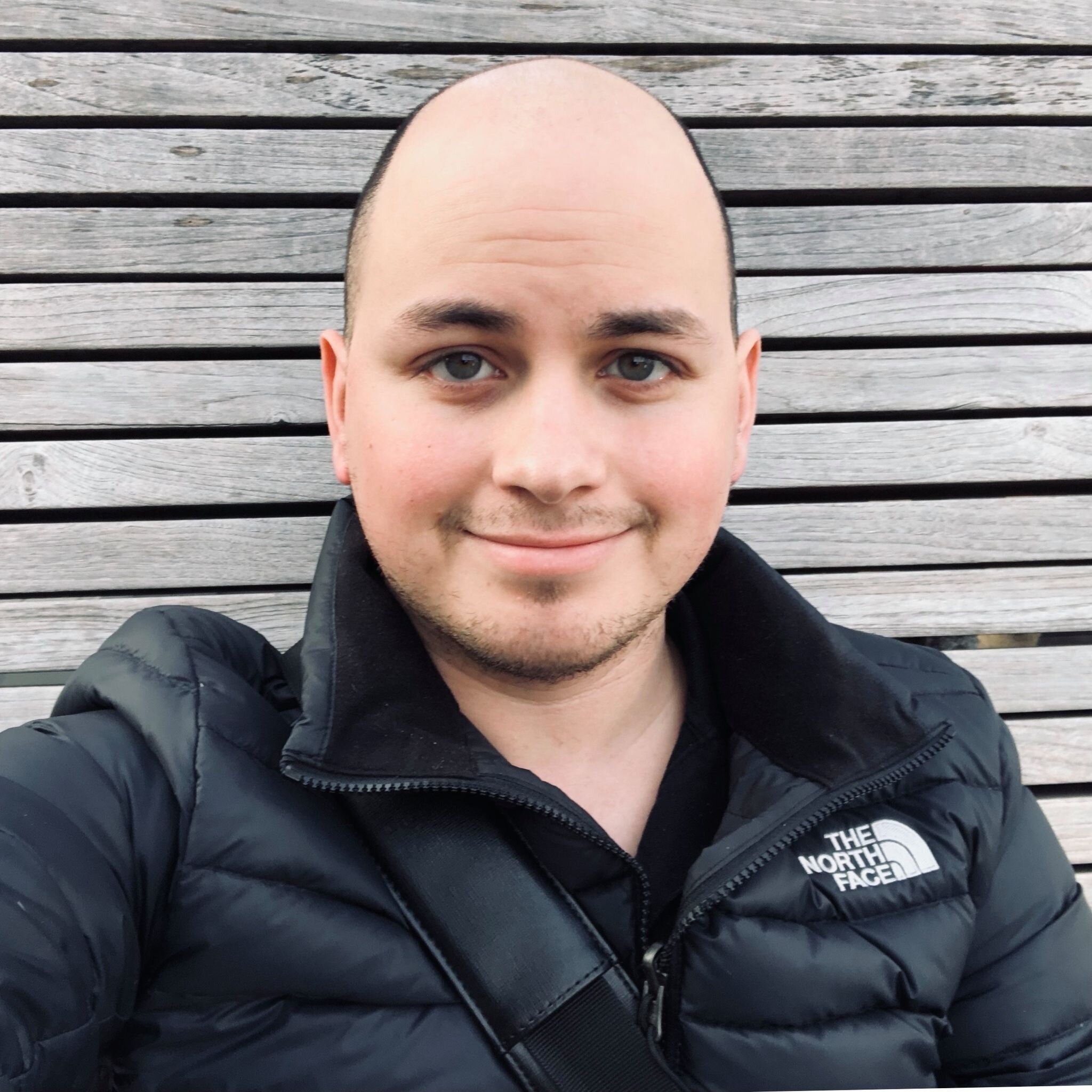About Dr. Gian Ramos
Being INFP with ADHD I spent a lot of my younger years on introspection. In a world that seemed entirely overwhelming, laying in bed looking up at the ceiling, and pondering the meaning of life was one of the ways I learned to cope with it all. As a kid, I loved reading books, but my ADHD made it so that I was only able to engage in books when I was at my optimum mindset. More often than not, anime and manga served as the backdrop for my musings, it's captivating visuals kept my wayward mind focused long enough for me to immerse myself in the complex themes and the writing that often centers sensitivity as a strength. Anime gave me the tools to work on my mental health at a time when both my home and school environment were unable to lift me up.
Today, I try my best to take all the life lessons that I learned in my own childhood and put them to good use in my work as a medical doctor. As a medical student, I made it a point to work often in the Child and Adolescent Psychiatric Unit as Child and Adolescent Psychiatry is the field that I intend to specialize in. Throughout my years of study I've noticed that, like myself, a large fraction of patients I've had in this setting are anime fans and often relate to anime characters emotionally. Often, parents come to me with concerns over their children's viewing habits. "She's watching this new show called Demon Slayer, and I'm scared that it may be too violent for her." To be clear, I completely understand that Demon Slayer is a series intended for young adults. The series begins with the grisly murder of the main character's family and blood and gore are an essential part of the series' storytelling as demons can only be killed through decapitation. However, whenever I am approached about how one should address this situation I cannot help but think of my 10-year-old self, watching Inuyasha (an equally if not more graphic show) late at night, wishing my parents would one day ask me about the media that fascinated me back then. I am an advocate for showing interest in the media that sparks joy in your children and asking questions while not shying away from difficult topics.
In the interest of framing the value that anime can have in a therapeutic setting, I want to discuss the various potential subjects in which one could leverage a kid's love of the currently incredibly popular series Demon Slayer to help improve your relationship with them and also set the stage for vital metaphor-driven discussions around mental health, trauma, and growth.
Demon Slayer features a surprisingly sensitive male protagonist
The main plot in Demon Slayer revolves around the main character Tanjiro. A boy with a surprisingly strong sense of smell and a strong sense of responsibility. He dutifully cared for his family and was a valued member in his community until one day he returned to find that his family was murdered by demons. The only one left alive was his sister who had been cursed to become a demon. The way demons function in Demon Slayer is very similar to the way vampires work in western myth. Demons have a natural thirst for humans that is very hard to fight against. In the first few minutes of the show a Demon Slayer berates the main character for being "too sensitive" when confronted with the idea that because his sister has turned into a demon he should find the resolve to end her misery by taking her life. But our main character finds the inner strength to commit himself to the task of finding a way to cure his sister's curse, despite the expectations of the status quo that demand he discard his brotherly love in favor of disposing of his clearly affected sister.
Many of the kids I have worked with have related to Tanjiro's story. One, for example, told me: "I have a brother that is autistic. I have friends that judge me when I prioritize my brother's needs because I love him." Finding stories of characters with the same sensitivity and fraternal love can be incredibly validating in a world where boys are encouraged to bury their emotions and emulate toxic masculinity. Tanjiro's kindness and sensitivity is a theme throughout the series. He often attracts others through kindness.
Becoming a Demon Slayer: Mindfulness and Executive Function Skills
For any series that centers on a class of warriors or wizards, it is important to read what value these disciplines hold for our own daily lives. A kid who loves Star Wars most likely would like to be a Jedi, there is plenty of work being done in utilizing Jedi metaphors to teach children about mindfulness. Similarly, a child who watches Naruto most likely dreams of becoming a ninja. The Demon Slayers are a group of people who fight demons, which alone holds a strong metaphoric value given that we often define our struggles as demons ("I'm fighting my demons"). But there are aspects of Tanjiro's Discipline that can be leveraged to teach someone how to develop mental health skills:
Total Concentration and Mindfulness
Tanjiro harnesses the power of Total Concentration when he fights demons. In short Total Concentration is a technique that relies on regulating your breathing in moments of strife in order to center yourself. It communicates an essential skill for any swordsman who fights their own demons. In order to perform at your best capacity, you must prepare your mind and body and remain calm. Tanjiro uses his breathing not only to center himself but also to imbue his strikes with decisiveness. This is a basic concept in both yoga and martial arts, proper breathing helps regulate heart rate and relaxes our muscles. It is one of the most ancient and simple ways in which one can exercise mind over matter in moments of tension. Talking about breathing using Tanjiro's Total Concentration technique as a framework is an excellent way to teach kids mindfulness in a context that is fun and empowering.
Demon Slayer, published by Aniplex of America, written and illustrated by Koyoharu Gotouge
Following the Thread to a Clean Strike
Demon Slayer is a visual spectacle. When Tanjiro achieves a state of flow in a battle where his mind is centered and his strikes are true his blades flow like water. The series represents this state of flow by allowing us to see how Tanjiro visualizes his water style. Every strike leaves streams of water in its wake in a grand Ukiyo-e style. During the first arc in the series, Tanjiro's teacher tells him that he cannot apply to the test of becoming a Demon Slayer until Tanjiro proves his worth by cutting a large boulder with his sword. Tanjiro spends months trying to achieve this to no success. It is after a long time that Tanjiro learns to visualize a thread that extends from his sword to the target he intends to strike. It is interesting to mention that while the series expertly animates all of its fight scenes showing how the thread that Tanjiro visualizes connects his strike, the series makes it very clear that the very same spectacle is a result of Tanjiro's skillful use of visualization.
As someone who is neurodiverse, I cannot stress enough how important it is to be able to properly institute goals and visualize the path to achieving them. In more simple terms we can talk about the art of breaking in martial arts. We've probably all witnessed the way a martial art expert can set a pile of bricks in front of them and break them to show the mastery of their art. What we often don't know is that this test does not only measure strength, but also conviction and visualization skills. An initiate to the martial arts is only able to measure their strikes to their targets, when they punch they do not visualize their fists going through the target for maximum impact. When you practice the art of breaking you are visualizing your strike going through the breakable object. You are also accepting the pain that comes with meeting such a hard object but you have the confidence that you will come out successful on the other side.
When I was diagnosed with ADHD one of the most useful skills I added to my toolbelt was the skill of visualizing my goals and the path to accomplishing them, I also learned not to visualize the bare minimum (lest my strikes fail me) but to visualize a strike that falls a bit further than my goal to make sure I at least land a decent strike. In therapeutic work, this often means putting various measures and methods to arrive at the same goal to ensure success. It is vital that one be able to visualize the thread that will make sure your blade will strike true.
Demon Slayer, published by Aniplex of America, written and illustrated by Koyoharu Gotouge
Tanjiro and his Senses
Tanjiro is intensely aware of his strengths and knows when to use them and when to rely on his support system. Demon slayers tend to have a hyper-developed sense that they can rely on. For Tanjiro it is his sense of smell, for his friend Zenitsu is his sense of hearing. Tanjiro knows to use his sense of smell as a strength when fighting and when tracking demons. More importantly, he knows to rely on his support system when he is overwhelmed. When Tanjiro engages in battle there are various situations where demons use his heightened sense of smell against him. They will often flush the battlefield with demonic energy that has a distinctively bad smell. Tanjiro usually takes stock of the resources he has around him. When he is alone he focuses on his Total concentration and reads the battlefield sometimes tactically retreating to gather information and strategize.
When he is with his friends he communicates his needs and lets them know that he is overwhelmed and requires help from his friends. He'll often say things like: "I am overwhelmed by the smells, I'm going to need to rely on you hearing to get me through this fight." Having a character who is aware of his strengths and weaknesses and is able to communicate them to his benefit is character representation that is always needed in my book.
Too often highly sensitive individuals feel that communicating their needs will push others away and label them as nuisances. However, a character like Tanjiro is a hero that is unashamed of their sensitivities and by communicating his needs manages to be a valuable asset to any team.
These are a few examples I've thought of at the top of my head, but if there's anything I've learned from being in the Geek Therapy community is that in every narrative there are a wealth of metaphors that we can use in therapeutic practice. The hard work of looking inward and developing executive function skills can seem daunting, especially when we are working with children. However, stories like the ones Demon Slayer provides are great ways to reframe a conversation to one of empowerment and self-discovery. After all, who doesn't want to be a Jedi, a ninja, or a demon slayer? Even in adulthood, when our inner child is gasping for release, these metaphors are incredibly useful for keeping our self-care work motivating and rewarding. Through Tanjiro we can learn to be sensitive, to care for those we love, to set our goals and a path to success, to communicate our needs and take stock of our strengths, to be better versions of ourselves. If we can co-opt these narratives for our betterment why wouldn't we? If this message resonates with you, imagine what other narratives in the vast ocean that is geek culture lie waiting to be discovered, transformed, and applied to our betterment.
Images are used for educational and informational purposes.
Attribution: Demon Slayer is written and illustrated by Koyoharu Gotouge and published by Shueisha and Aniplex of America CC by 2.0
Dr. Gian Ramos, Medical Doctor & Chief Medical Advisor for Geek Therapy




